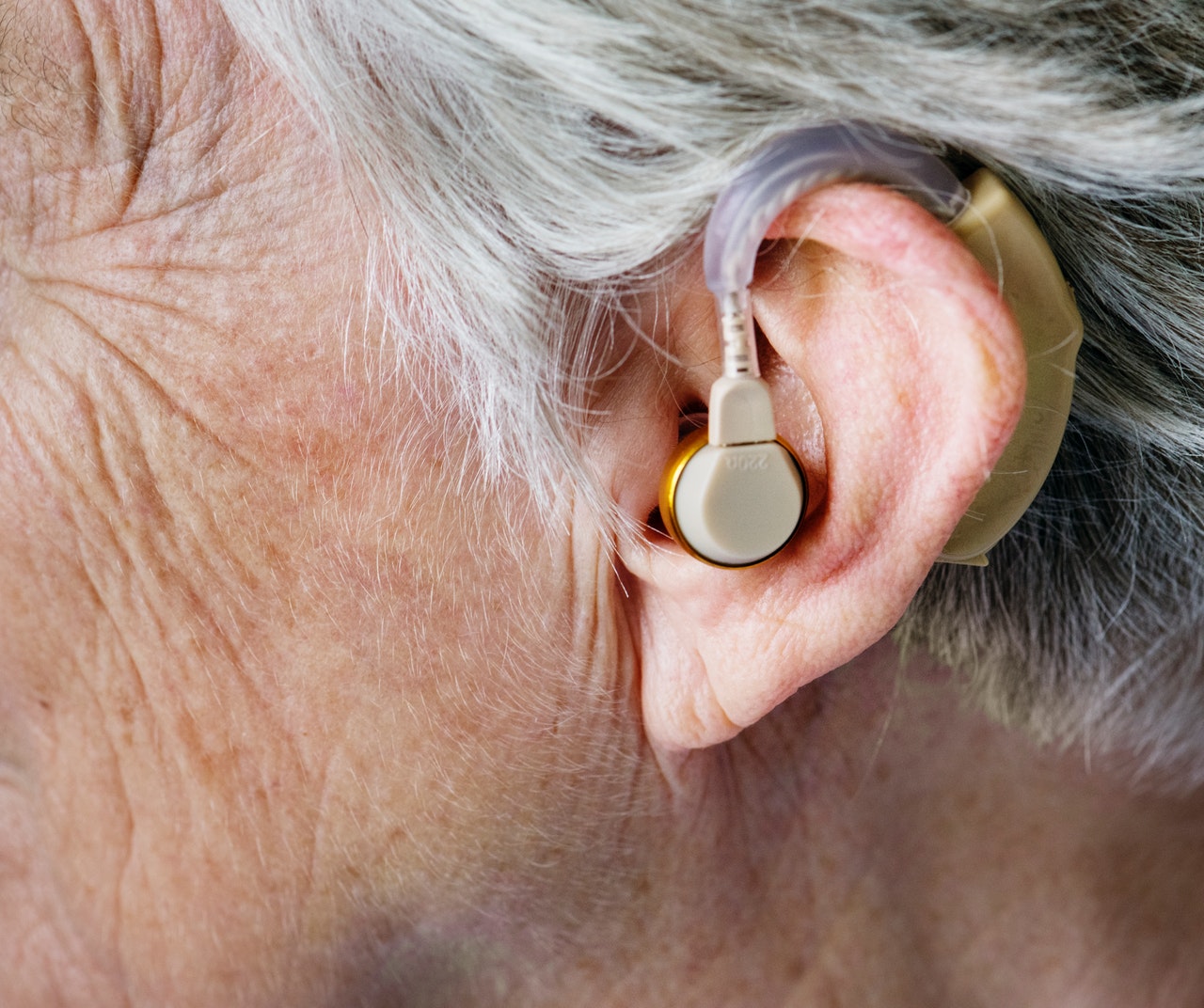
For those with hearing loss or deafness, hearing aids provide a valuable bridge to the world and communication. It is important to keep them functioning at their best with simple care. Here is a list of things to do that will keep your hearing aids functioning better and for longer:
Change hearing aid batteries often
Change your batteries when the hearing aid starts to lose power or not work consistently. Do not leave drained batteries in the hearing aid. They can leak and damage the inside of the hearing aid. If you are not using your hearing aid for a long time, take the batteries out completely.
Clean your hearing aid daily
Clean the device with a soft, dry cloth to remove dirt, sweat and earwax. These substances can build up and damage the hearing aid, or stop it from working at its best. If your hearing aid has earmolds, clean them with mild soap. Do not use alcohol or other cleaning solvents.
Change the earwax filter regularly
Some hearing aids may have an earwax filter or earwax guard. They keep wax out of the parts inside the hearing aid. Change the filter when you see earwax building up on it. You can find out how to do this by checking with instructions from the maker of your hearing aid, or asking your doctor for advice.
Do not expose your hearing aids to high heat
Do not dry your hearing aid with a hairdryer or any other devices that uses high head. The heat can damage the parts inside. Use a forced air blower or air puffer to help your hearing aid dry off faster.
Keep your hearing aid dry
Moisture can affect your hearing aid. Do not wash your face or your hair while wearing your hearing aids. You should also avoid hairspray and other products while wearing your hearing aids. When you are not using your hearing aids, store them in a dry place away from moisture.
Handle your hearing aids with care
Do not insert or remove your hearing aids roughly. This can damage them and also injure your ears. Take care not to drop your hearing aids, especially onto a hard service. Some people like to clean their hearing aids over a soft cloth or pillow, to prevent them from getting damaged if they fall.
Schedule cleanings with a healthcare professional every 4-6 mths
Visit a doctor or healthcare professional for regular professional cleanings. They can also help to make sure that your hearing aid still fits properly and works properly. This is also a time for you to discuss any changes in that you can hear or feel in the hearing aid’s function.
Conclusion
Simple measures can keep a hearing aid functioning properly to help users connect with the world around them and communicate with others. More detailed care instructions can be found by asking your doctor, or referring to the makers of a hearing aid. Working with a healthcare provider to ask questions and solve issues will help users get the best out of their hearing aids.
References
American Speech-Language-Hearing Association (2010) Daily Care for the Hearing Aid [Accessed: 4 July 2019] Available at: https://www.asha.org/public/hearing/daily-care-for-the-hearing-aid/
EarQ (2018) 6 Tips for Easy Hearing Aid Care [Accessed: 4 July 2019] Available at: https://www.earq.com/blog/tips-for-easy-hearing-aid-care
Joy V. (2019) Cleaning your hearing aids [Accessed: 4 July 2019] Available at: https://www.healthyhearing.com/help/hearing-aids/cleaning
Norlinda M., Aima S.A., Siti Suriani C.H. (2016) Hearing Aid Care [Accessed: 4 July 2019] Available at: http://www.myhealth.gov.my/en/hearing-aid-care/
Peter A.C., M.A. (2019) Hearing Aid Care and Maintenance [Accessed: 4 July 2019] Available at: https://www.verywellhealth.com/hearing-aid-care-and-maintenance-1046603
WebMD (2017) Tips for Taking Care of Hearing Aids [Accessed: 4 July 2019] Available at: https://www.webmd.com/a-to-z-guides/hearing-aid-care